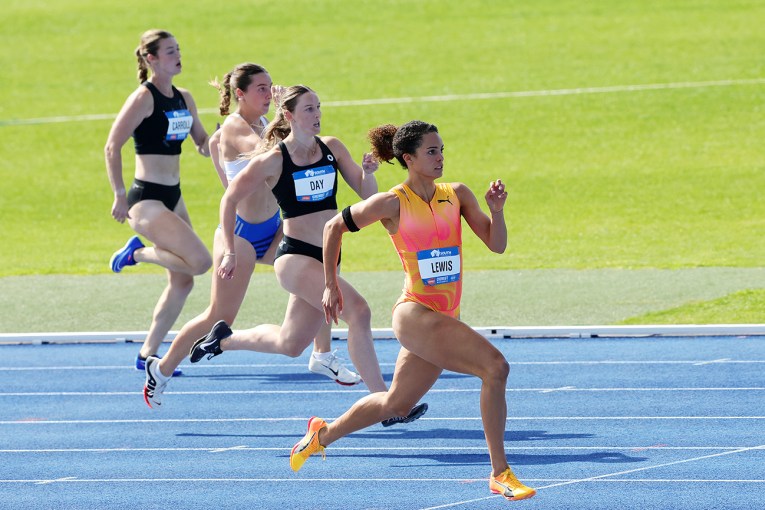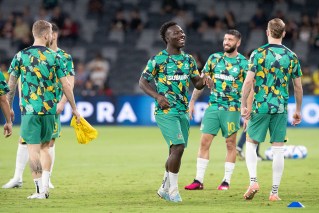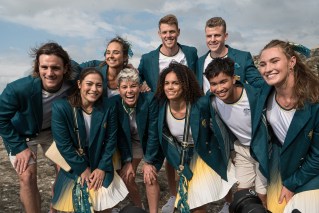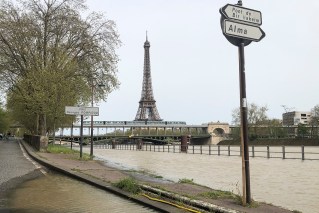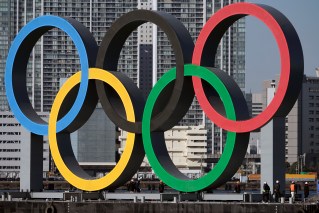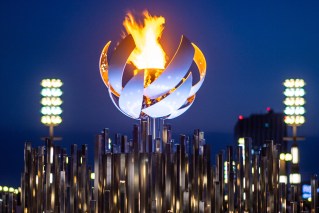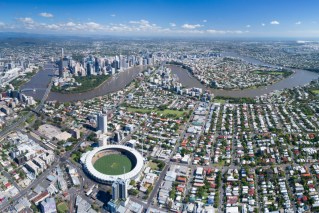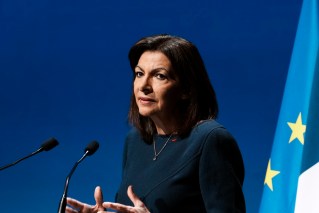No blanket ban for Russia at Olympic Games
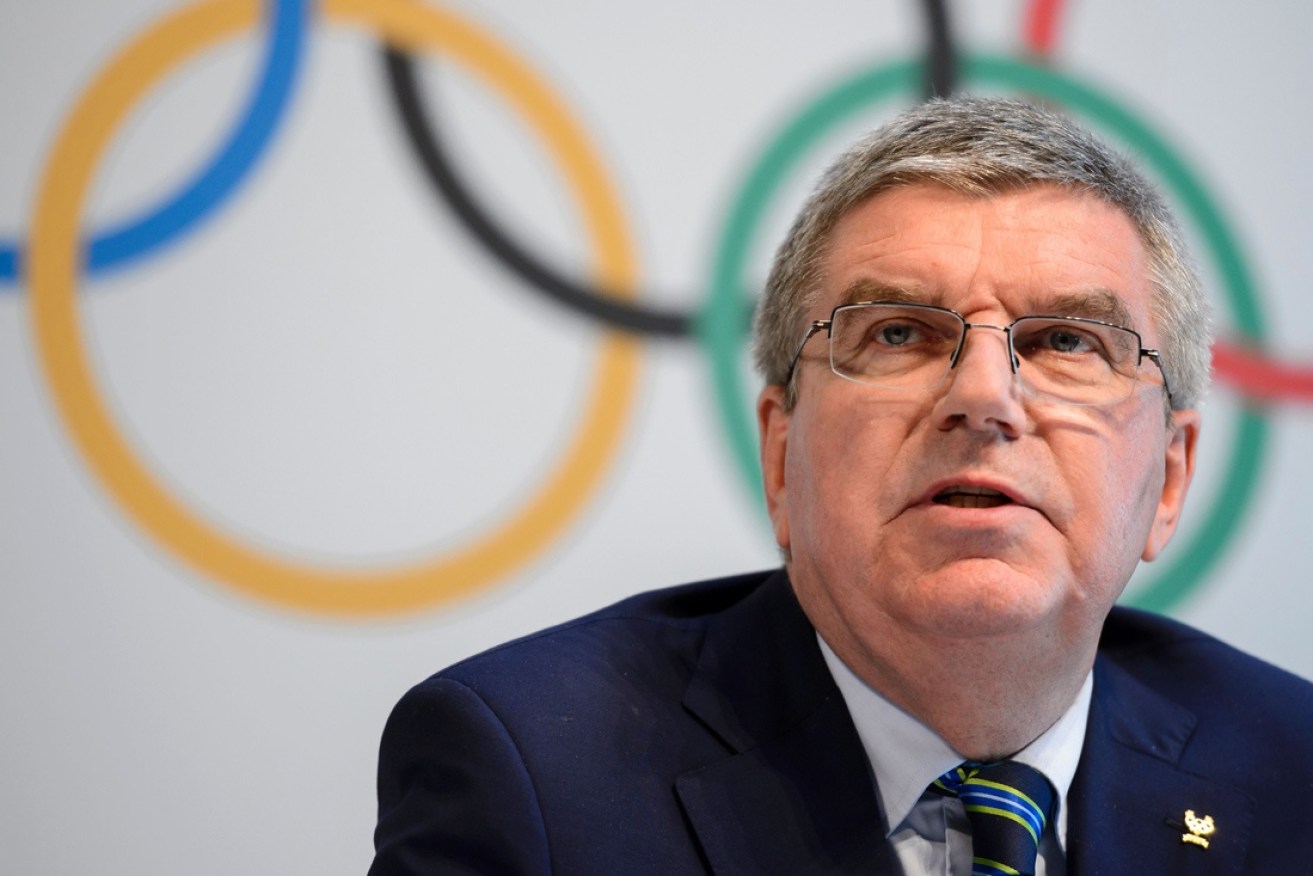
IOC president Thomas Bach defended the decision. Photo: Getty
The International Olympic Committee will not impose a blanket ban on Russia for next month’s Rio Olympics over the nation’s doping record but will leave decisions on individual athletes’ participation with their sports federations, it said.
The IOC’s announcement follows the World Anti-Doping Agency’s (WADA) call for a Rio ban in response to the independent McLaren report that found evidence of widespread state-sponsored doping by Russian athletes at the 2014 Winter Olympics in Sochi.
The world governing body’s ruling 15-member executive board met on Sunday via teleconference and decided that responsibility for ruling on the eligibility of Russians remains with the international federations.
“We have set the bar to the limit,” IOC president Thomas Bach said after the meeting, defending the action against the worst doping scandal in the Olympic movement’s history.
The Russian athletics team was already banned from Rio for state-sponsored doping, and the IOC also rejected a bid by Russian whistleblower and 800-metre runner Yuliya Stepanova to compete as a neutral athlete after the ban.
“However, the IOC EB would like to express its appreciation for Mrs Stepanova’s contribution to the fight against doping and to the integrity of sport,” the IOC Executive Board said.
Russia’s Sports Minister Vitaly Mutko said the decision cleared the way for Russian participation.
“I hope that the majority of international federations will very promptly confirm the right of [Russian] sportspeople in different types of sports to take part in the Olympic Games,” Mr Mutko said.
The United States Anti-Doping Agency (USADA) said the IOC had failed to show leadership with its decision.
“Many, including clean athletes and whistleblowers, have demonstrated courage and strength in confronting a culture of state-supported doping and corruption within Russia,” USADA chief Travis Tygart said.

Travis Tygart was not pleased. Photo: Getty
“Disappointingly, however, in response to the most important moment for clean athletes and the integrity of the Olympic Games, the IOC has refused to take decisive leadership.
“The decision regarding Russian participation and the confusing mess left in its wake is a significant blow to the rights of clean athletes.”
The IOC had faced widespread pressure for tough action against Russia, which denied any state role in the doping. But many IOC members were said to be reluctant to ban a country completely for the first time over doping.
It insisted that “the ‘presumption of innocence’ cannot be applied to them”.
But the Olympic leaders said “each affected athlete must be given the opportunity to rebut the applicability of collective responsibility in his or her individual case”.
The IOC said Russian athletes will have to satisfy the 28 federations who run the summer Olympic sports that they are clean. The conditions include:
That “the absence of a positive national anti-doping test cannot be considered sufficient” by the federations.
Federations will have to carry out an individual analysis of each athlete’s anti-doping record “taking into account only reliable adequate international tests, and the specificities of the athlete’s sport and its rules”.
No competitor or national federation named in the report issued last week by Canadian lawyer Richard McLaren for the WADA can be considered.
About 20 different summer Olympic sports were accused in the McLaren report.
